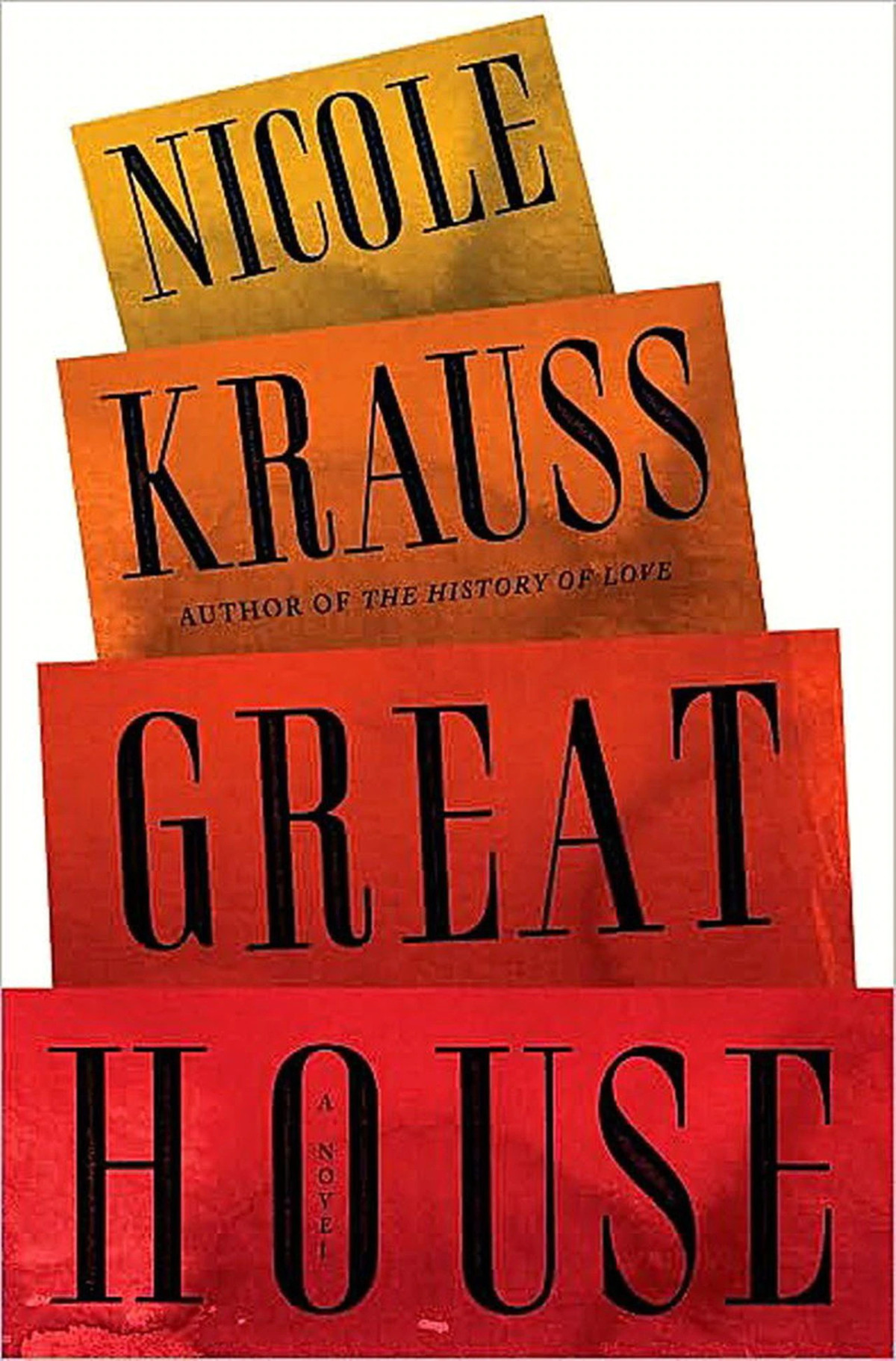

Most ebook files are in PDF format, so you can easily read them using various software such as Foxit Reader or directly on the Google Chrome browser.
Some ebook files are released by publishers in other formats such as .awz, .mobi, .epub, .fb2, etc. You may need to install specific software to read these formats on mobile/PC, such as Calibre.
Please read the tutorial at this link: https://ebookbell.com/faq
We offer FREE conversion to the popular formats you request; however, this may take some time. Therefore, right after payment, please email us, and we will try to provide the service as quickly as possible.
For some exceptional file formats or broken links (if any), please refrain from opening any disputes. Instead, email us first, and we will try to assist within a maximum of 6 hours.
EbookBell Team

5.0
58 reviewsNicole Krauss has written a soaring, powerful novel about memory struggling to create a meaningful permanence in the face of inevitable loss. "Brainy and often lyrically expressive, but also elusive and sometimes infuriatingly coy; Krauss is an acquired taste" (Kirkus Reviews).
Great House is a story haunted by questions: What do we pass on to our children and how do they absorb our dreams and losses? How do we respond to disappearance, destruction, and change?
For twenty-five years, a reclusive American novelist has been writing at the desk she inherited from a young Chilean poet who disappeared at the hands of Pinochet's secret police, one day a girl claiming to be the poet's daughter arrives to take it away, sending the writer's life reeling. Across the ocean, in the leafy suburbs of London, a man caring for his dying wife discovers, among her papers, a lock of hair that unravels a terrible secret. In Jerusalem, an antique dealer slowly reassembles his father's study, plundered by the Nazis in Budapest in 1944.
Connecting these stories is a desk of many drawers that exerts a power over those who possess it or have given it away. As the narrators of Great House make their confessions, the desk takes on more and more meaning and comes finally to stand for all that has been taken from them, and all that binds them to what has disappeared.
"Krauss has taken great risks in dispensing with the whimsy and humour that she summoned for her tragic vision in The History of Love. Here she gives us her tragic vision pure. It is a high-wire performance, only the wire has been replaced by an exposed nerve, and you hold your breath, and she does not fall." - Rebecca Newberger Goldstein, The New York Times Sunday Book Review
Shortlisted for the 2011 Orange Prize in Fiction